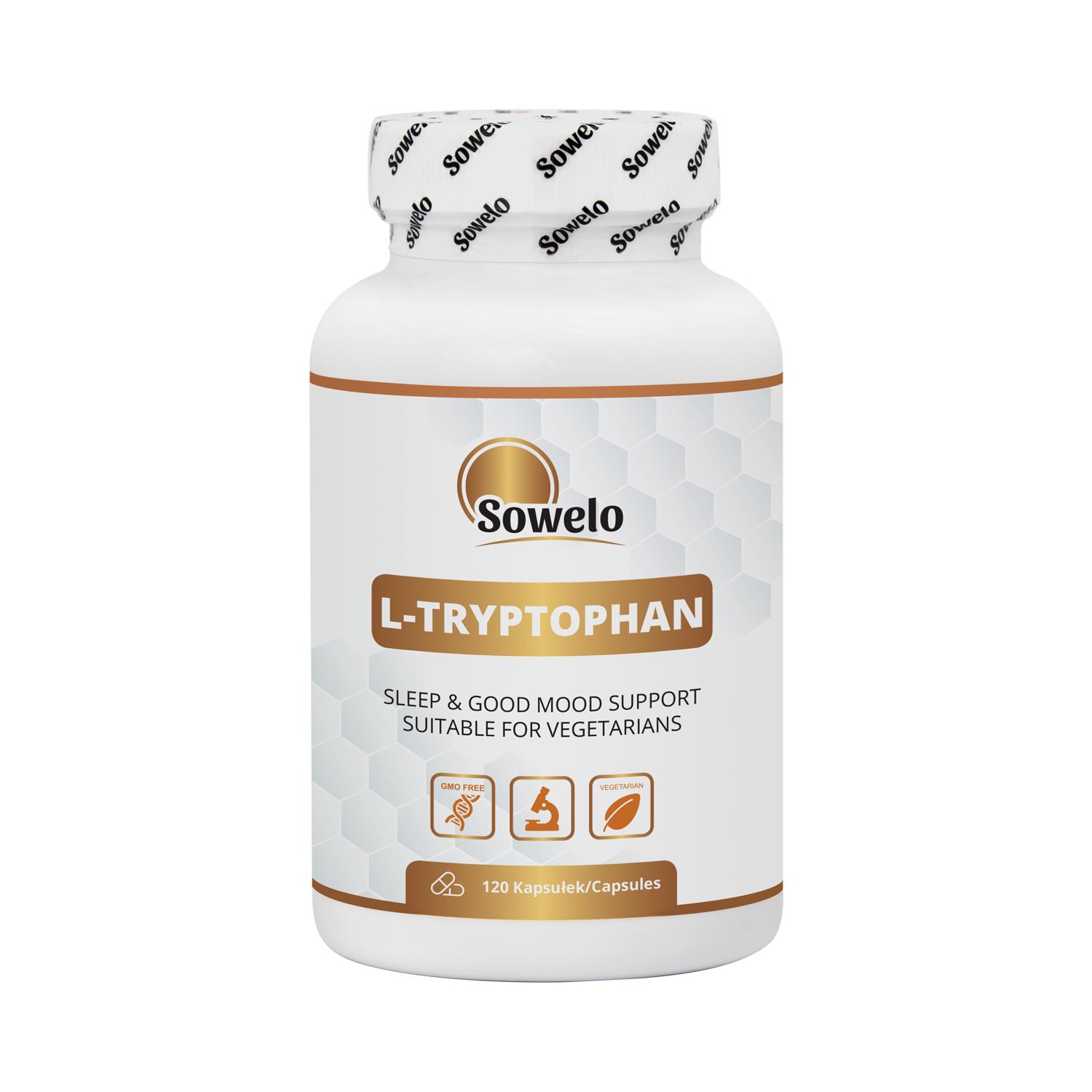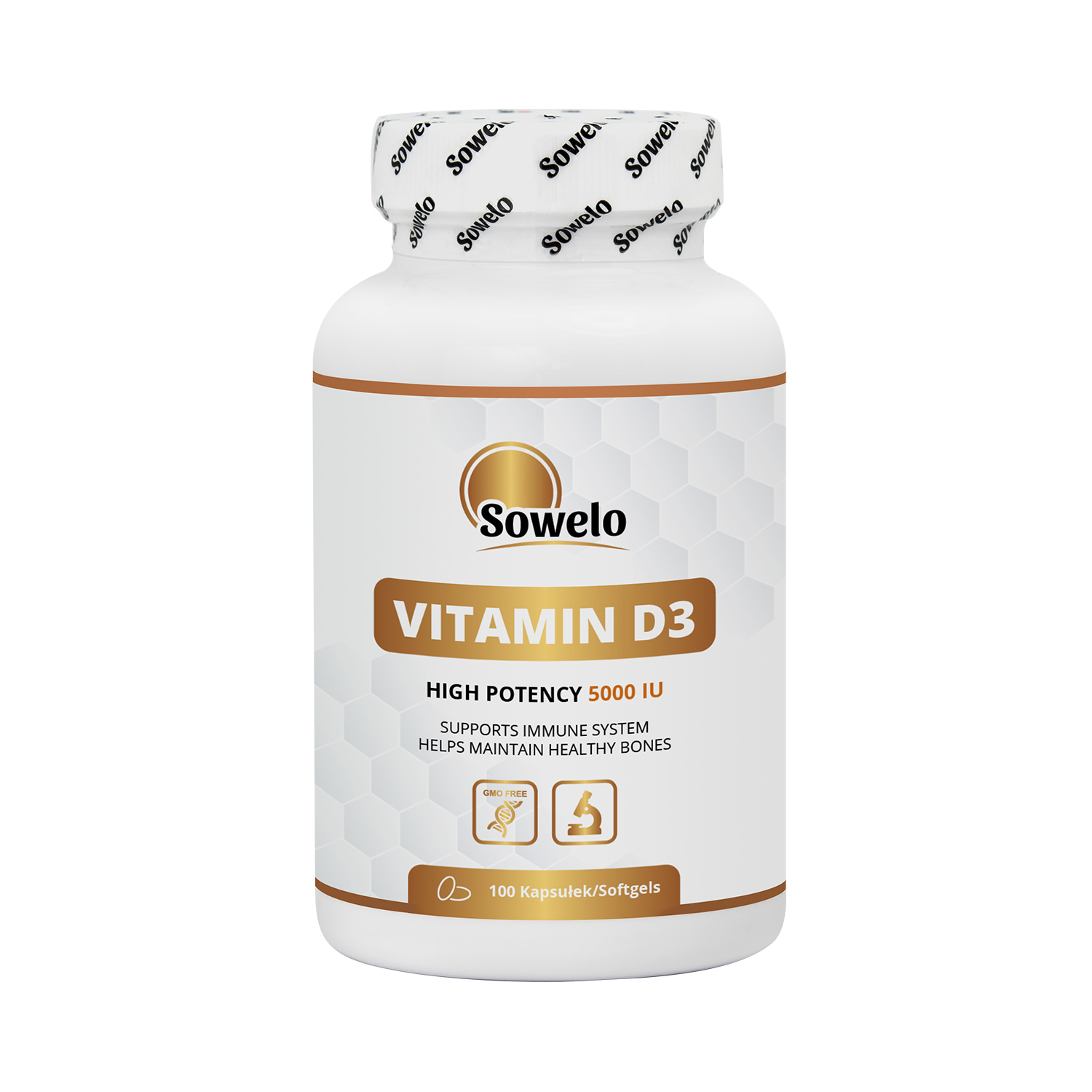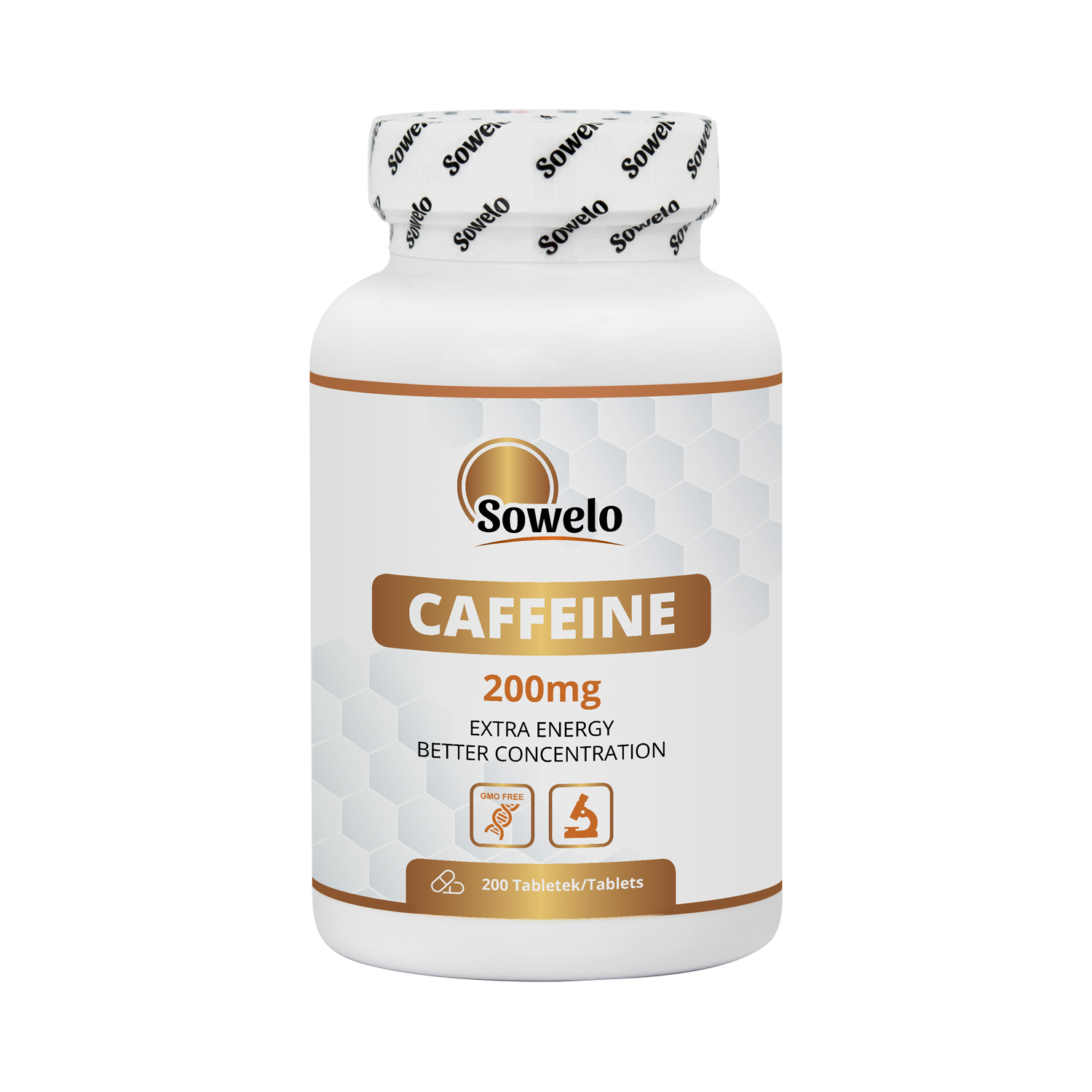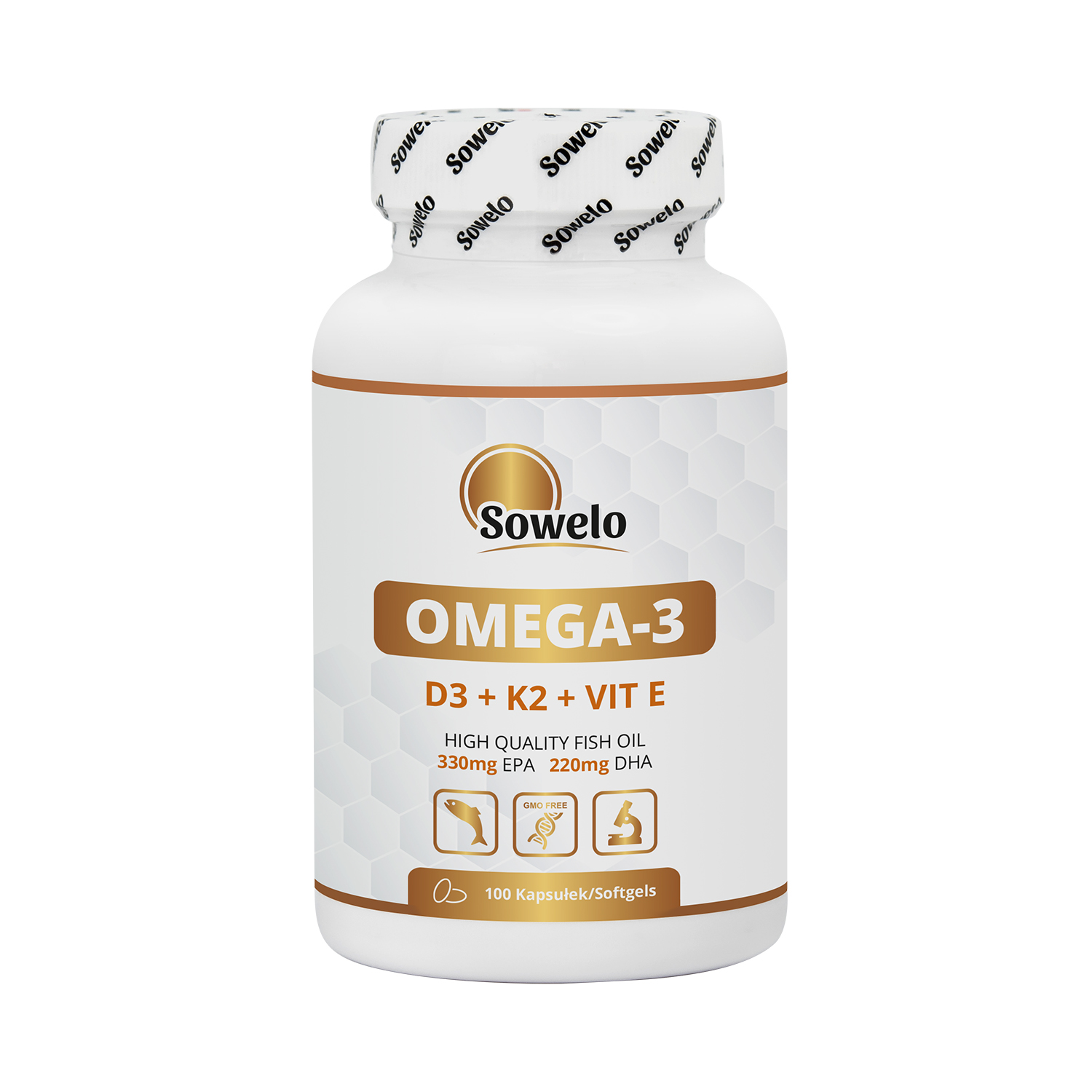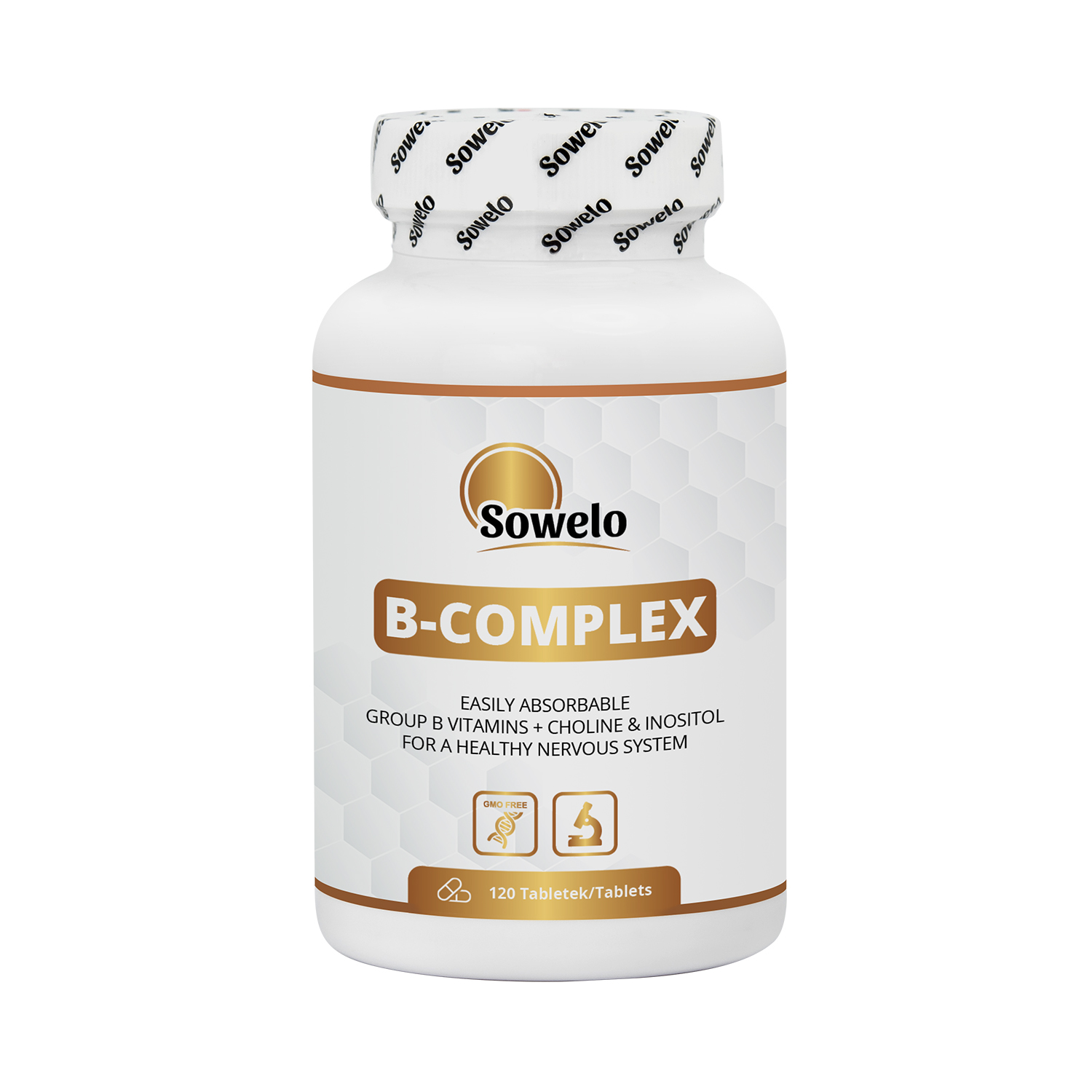Description
L-Tryptophan from Sowelo is an essential amino acid – an essential amino acid that the body cannot produce on its own. L-tryptophan should be supplied from food. It is responsible for the proper functioning of the nervous system, and its deficiencies cause loss of energy, bad mood, and even depression symptoms. Tryptophan is a precursor of serotonin (commonly known as a happy hormone) and melatonin (a hormone regulating physiological sleep). Good mood, positive attitude to everyday challenges and lack of depressive episodes or anxiety depend on its consumption.
L-Tryptophan in the human body is responsible for:
- improving mood,
- increased resistance to stress,
- alleviating migraines,
- supporting the treatment of depression,
- easier falling asleep and better body regeneration during sleep,
- control of memory processes.
L-Tryptophan may also be helpful in weight loss – it helps control the appetite for carbohydrates. This amino acid affects not only the nervous system, but also the digestive system. It can effectively suppress appetite, even in the case of carbohydrates, which promote the production of serotonin, as a result, improve a person’s mood. When we consume too many carbohydrates, the insulin secretion in our body increases, which in turn promotes the absorption of tryptophan in greater amounts by the brain. Low levels of tryptophan therefore cause a desire to eat carbohydrates, so you can take advantage of this property of the amino acid when reducing calories in your diet.
L-Tryptophan is converted in the brain to serotonin, a neurotransmitter called the “happy hormone.” Without an adequate amount of the precursor – tryptophan, the body is deficient in serotonin, which manifests itself in mood swings, anxiety, insomnia, aggressiveness, increased sensitivity to pain and finally depressive disorders. Serotonin is also responsible for impulsive behavior, sexual urges and appetite regulation.
Tryptophan deficiencies are more common in people with gastrointestinal diseases, chronic inflammation or liver damage. In these cases, the ability to absorb tryptophan is impaired, resulting in deficiencies. Other situations that promote deficiencies can include poor eating habits and stressful lifestyles.

